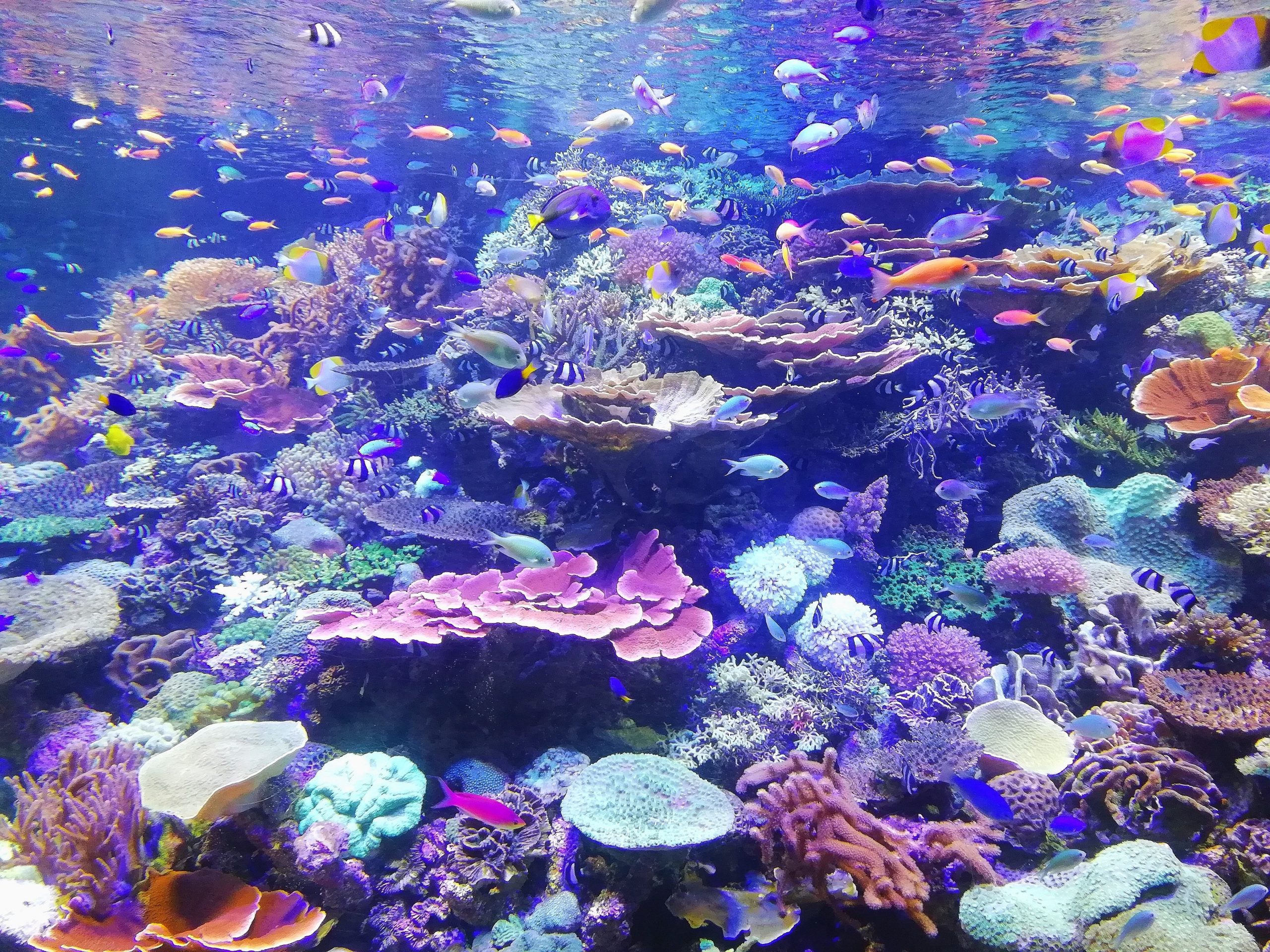A new species of small blue snail fish has been discovered in the Peru-Chile trench of South America, also called the Atacama Trench.
In 2018, a team of scientists from all around the world including Newcastle scientists deployed free-falling landers to sample the deep sea fishes around cameras and high-definition lighting with them. The trapped fishes were then examined. While three types of hadal snail fish were observed, one was unlike the other two.
Also read: Karl Barry Sharpless becomes fifth person to win two Nobel prizes
The small blue fish, found at a depth of 6714 m, has physical differences from other snail fishes. When it was subjected to 3D X-ray technique called micro computed tomography and DNA bar-coding to ascertain its place within the snail family, the results found were astonishing.
The finding suggested that the fish belonged to a different genus named Paraliparis. Species in this genus are often seen in the southern ocean of the Antarctic and are seldom found deeper than 2,000 m. This marks the first time when a species of the aforementioned genus has been found in the hadal region. The species has been named Paraliparis selti using a combined morphological and molecular taxonomic approach. Selti means blue in the language of the indigenous inhabitants of Atacama. The details of the research are published in the journal Marine biodiversity.
Also read: What is Orionid meteor shower?
Study lead author, Dr Thom Linley, a visiting researcher at Newcastle University said: “I find this family of fishes absolutely fascinating. They are not at all what we expect from a deep-sea fish and I love to show people that the world’s deepest fishes are actually pretty cute.
“We have been wondering for some time just what makes this type of fish so good at living deep. Maybe it was a series of lucky accidents, a chance fluke, that happened in one lineage. Finding this new species tells us that it’s bigger than that. Lightning struck twice and there is something special about this family.”
The discovery has generated curiosity in the scientific world about the links between cold-temperature and high-pressure adaptation and the anomaly of low depth genus being found deep in the Peru-Chile trench.





